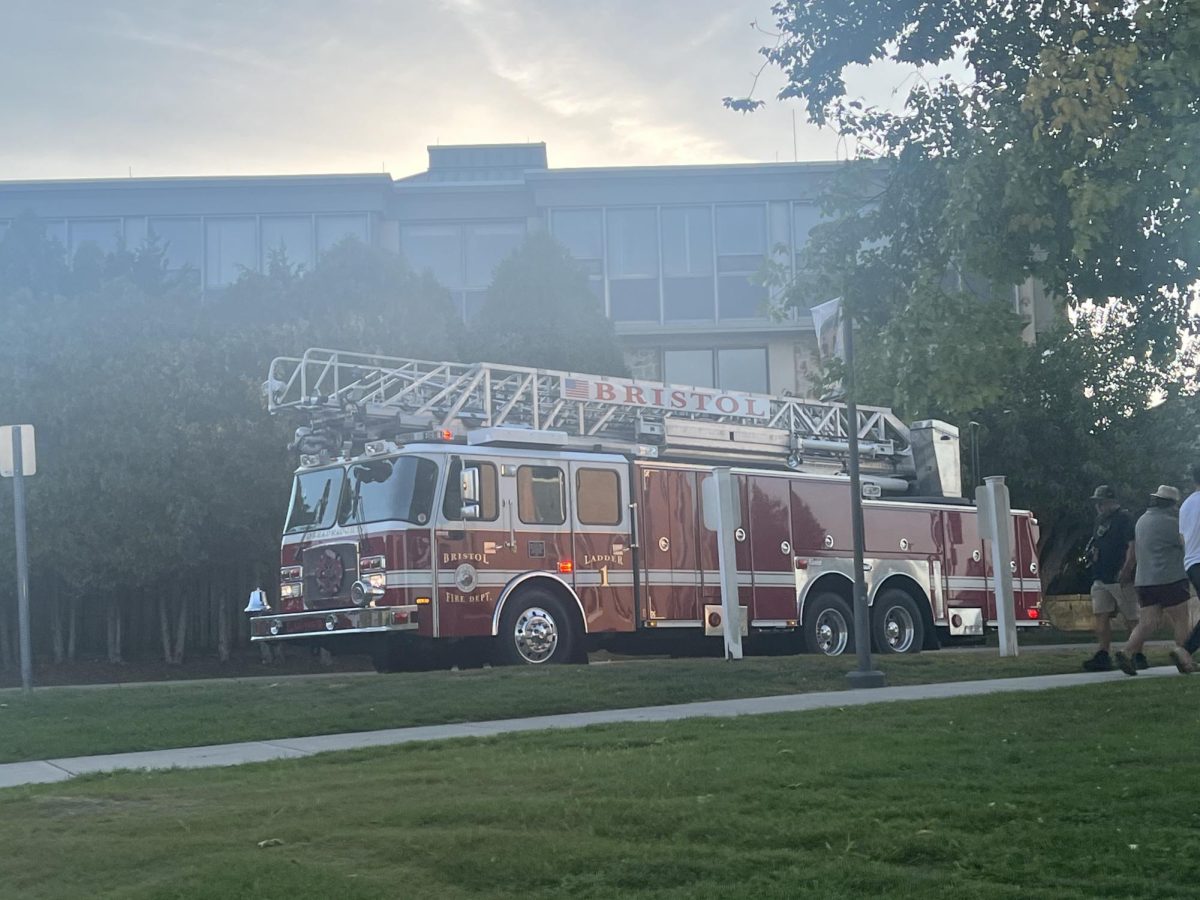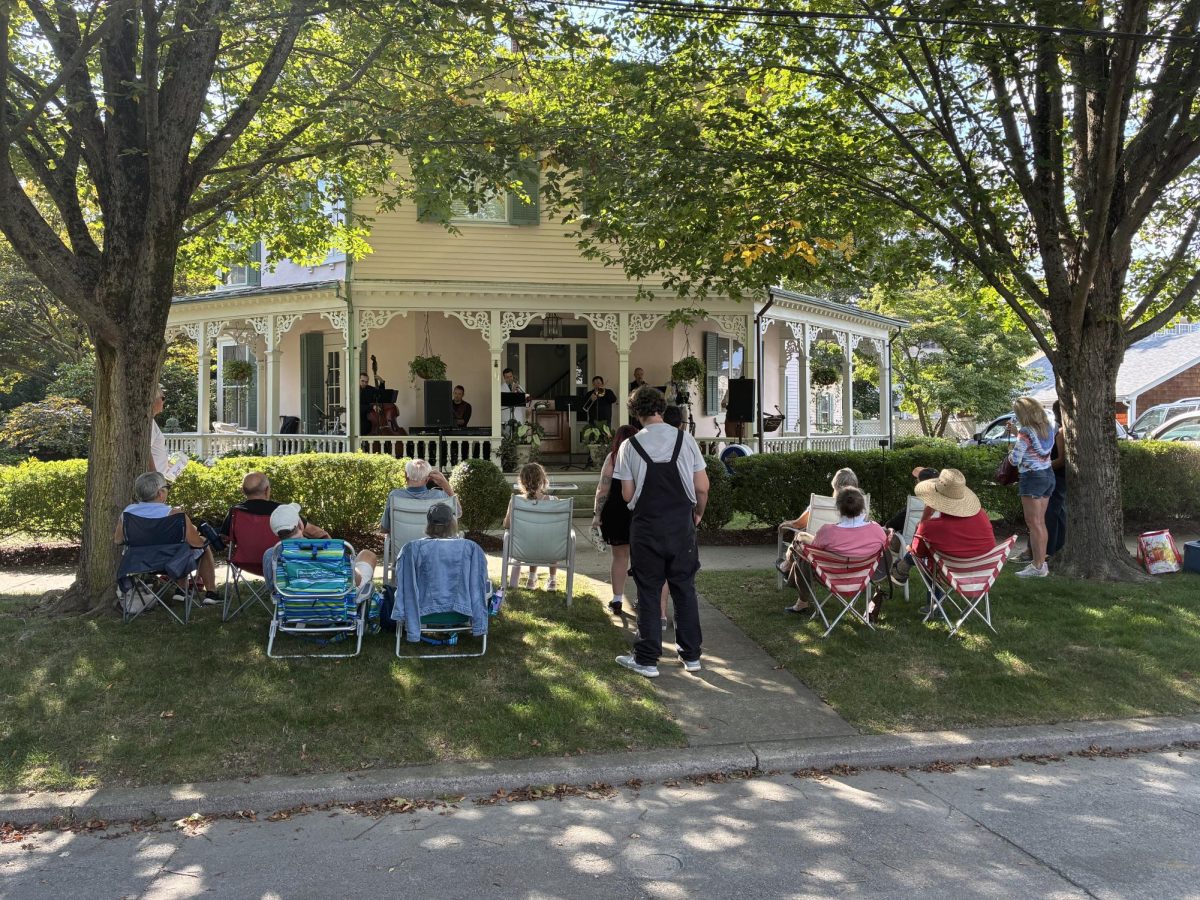It’s become a campus ritual I’ve never asked for: the shrill, mechanical caw that slices through my dorm room, a study session, or, at the worst of times, a shower. BEEP BEEP BEEP. Maple empties out like a fire drill on repeat, and somewhere between the sneakers on wet pavement and the pajama-top shivers, you can feel it—the creeping normalization of an emergency signal that no longer feels like an emergency.
There are the expected triggers of course, burnt popcorn is the dorm-life classic, but this semester’s repeat offenders can be traced back to the IC kitchen. The routine is simple: truck sirens flaring, firefighters hauling in the big fan, students joking on the pavement. After nearly a year in Maple 11 without this level of disruption, the spike isn’t just annoying, it’s a safety problem.
There’s a term for what’s happening: alarm fatigue. When warnings sound so often that they blend into everyday noise, we stop treating them like warnings. Every false alarm makes it a little more likely someone will move slower, peek out the door, or shrug off the next PEEP as just another burnt late-night snack—until it isn’t.
Frequent alarms only punish the wrong people. Students with mobility needs or sensory sensitivities pay a higher price on these evacuations. So do the folks trying to sleep before a shift and the firefighters who still must respond at full tilt become someday it could be real. The cost is time, trust, and attention.
So, should everyone be allowed to use the IC kitchen? Now that we have the make-your-own stations in Upper the all-purpose 24/7 IC kitchen kind of loses its luster. Some students have expressed a training course before being used or only restricting it to upper classmen—but I find these solutions still lackluster. Who are we to limit students?
Perhaps a cooking workshop during the first weeks—ten minutes on how not to smoke out a building—would save hours of collective evacuation time. Or more strict punishments for setting off the fire alarm in the kitchen—maybe a temporary banishment for a month?
A fire alarm should feel both rare and serious. Right now, it feels routine and silly. We need to make the signal meaningful again—through better habits and better information. Let’s do the porin, practical work so that the next time Maple empties into the cold, everyone moves with urgency—for good reason, not muscle memory.








